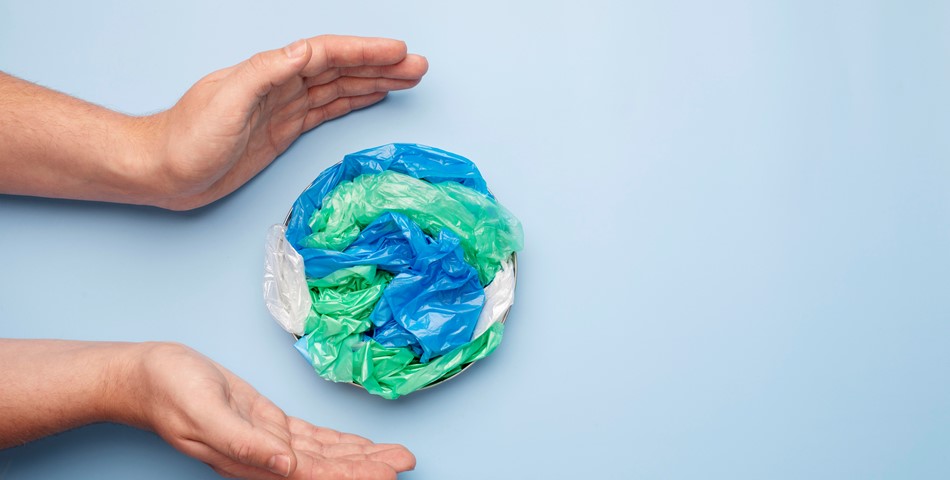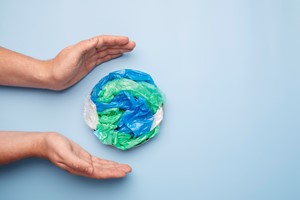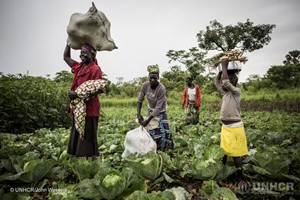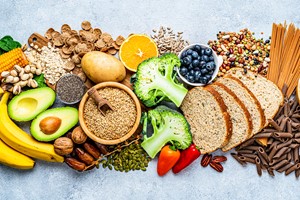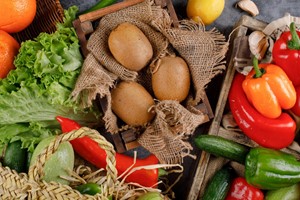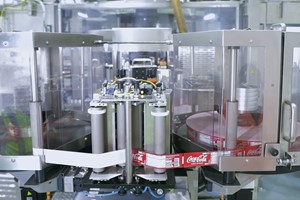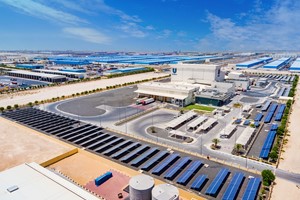The world's love affair with plastic has come at a heavy cost. Conventional, petroleum-based plastics litter our landscapes, pollute our oceans, and harm wildlife. Fortunately, scientists are pioneering innovative solutions like bioplastics to break free from this dependence.
A recent study published in Nature has shed light on a promising new type of bioplastic derived from polyvinyl alcohol (PVA) and gellan gum. These bio-based materials offer a compelling alternative to traditional plastics, particularly for food packaging, thanks to their unique properties:
1. Degradability: Unlike their petroleum-derived counterparts, PVA/gellan gum bioplastics are designed to decompose naturally in the environment. This significantly reduces their long-term environmental impact compared to the plastic that accumulates for centuries.
2. Food Safety: Stringent tests have confirmed the safety of these bioplastics for direct contact with food. This makes them ideal for packaging fresh produce, beverages, and other edible goods without compromising consumer health.
3. Enhanced Mechanical Properties: The researchers discovered that incorporating extracts of guava and chickpeas into the PVA/gellan gum matrix bolsters the bioplastic's strength and tear resistance. This translates to packaging that can withstand the rigors of transportation and storage without compromising product integrity.
4. Improved Biodegradability: The addition of guava and chickpea extracts also promotes the bioplastic's natural breakdown process. This accelerates their decomposition in compostable environments, further reducing their environmental footprint.
Beyond the Lab:
The potential of PVA/gellan gum bioplastics extends far beyond the laboratory. Their scalability for mass production makes them a commercially viable option for the food and beverage industry. This could pave the way for a significant shift towards sustainable packaging solutions:
-
Reduced Reliance on Fossil Fuels: PVA and gellan gum are derived from renewable resources like sugar beets and corn, minimizing dependence on petroleum for plastic production. This translates to lower greenhouse gas emissions and a smaller environmental footprint.
-
Compostability: PVA/gellan gum bioplastics break down naturally in compost piles, diverting them from landfills and contributing to nutrient-rich soil.
-
Consumer Appeal: With growing awareness of environmental issues, consumers are increasingly seeking sustainable alternatives. Bioplastics like these cater to this demand, offering eco-conscious packaging solutions that resonate with environmentally conscious consumers.
A Brighter Future for Packaging:
The development of PVA/gellan gum bioplastics marks a significant step towards a more sustainable future for packaging. Their degradability, food safety, and enhanced properties make them a viable alternative to traditional plastics, offering a glimmer of hope for a cleaner and greener planet. While further research and development are needed to optimize their production and performance, these bioplastics hold immense promise for revolutionizing the way we package our food and beverages.
Additional Notes:
- Researchers are exploring the potential of incorporating other natural extracts into the bioplastic matrix to further tailor its properties for specific applications.
- Continued research and development are crucial to optimize the production process and bring down the cost of these bioplastics to make them even more competitive with traditional plastics.
- Consumer education and awareness campaigns are essential to encourage the adoption of bioplastics and promote a shift towards sustainable packaging practices.
By embracing innovation and prioritizing sustainability, we can break free from our dependence on conventional plastics and pave the way for a future where our packaging choices don't come at the expense of our environment.
nature.com - Shaimaa al Saeed et al.




